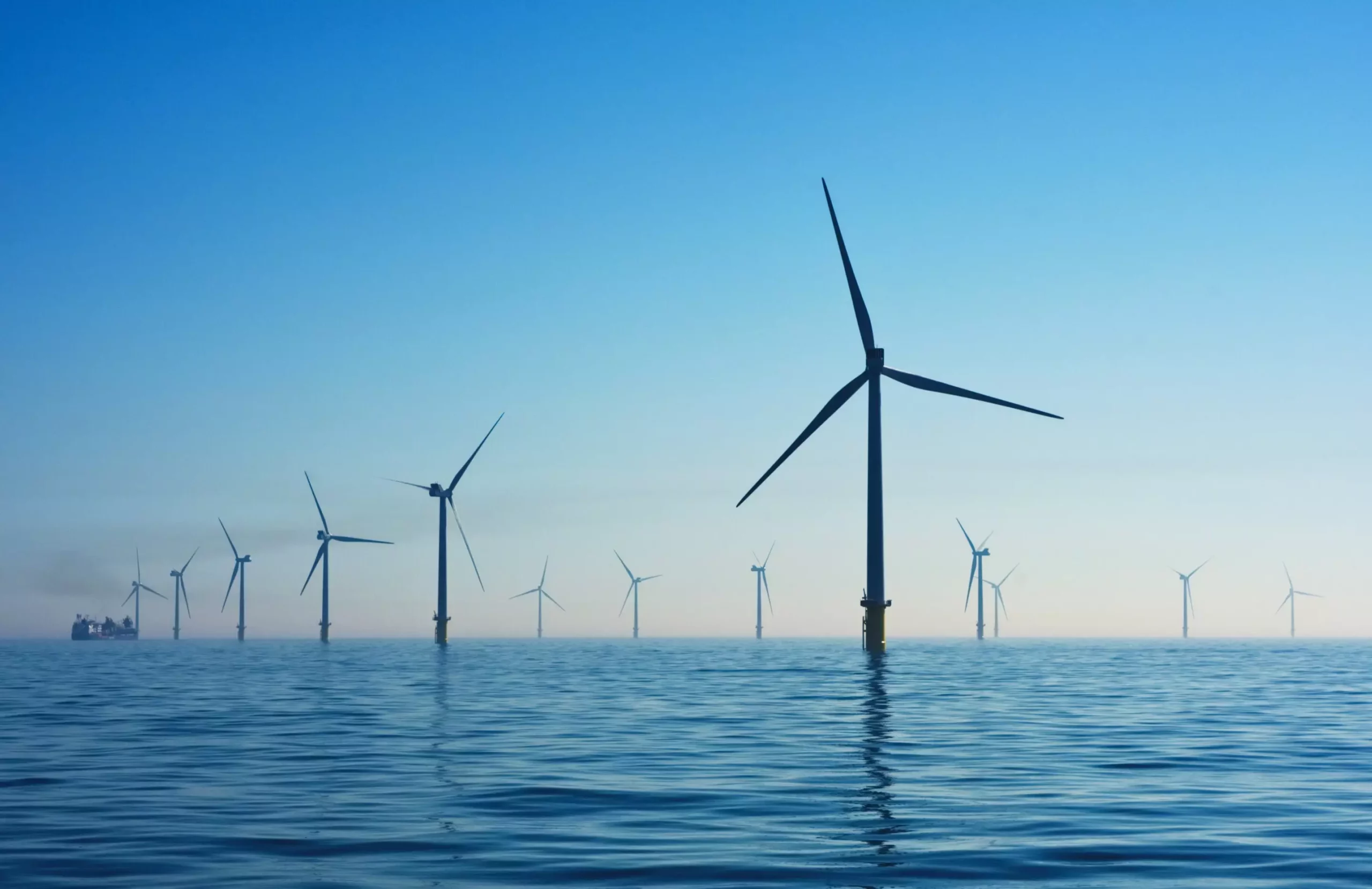Nantucket is currently at the center of a heated legal confrontation concerning offshore wind development, as residents rally to protect crucial marine life, specifically the endangered North Atlantic right whale. The community group ACK For Whales has taken the issue to the Supreme Court, challenging a lower court’s decision that permitted expedited federal approvals for massive wind farms without adequate environmental assessments. This legal struggle not only underscores the tensions between renewable energy initiatives and environmental conservation, but it also highlights the necessity for comprehensive regulatory evaluations to protect vulnerable species.
The backdrop of this judicial skirmish is the disastrous failure of a turbine blade in July, which has propelled Nantucket’s residents into a broader debate on the implications of offshore wind projects. The incident has raised alarm bells over the safety and environmental impacts of such developments, as advocates like ACK For Whales argue that the federal government has been neglecting its obligations under the Endangered Species Act (ESA). With the construction of the Vineyard Wind project—encompassing 62 turbines and generating 806 megawatts—without thoroughly considering the repercussions for marine ecosystems, the stakes have never been higher.
ACK For Whales is adamant that the risk to the North Atlantic right whale is too grave to overlook. The group claims that federal agencies’ rushed approvals pose a direct threat to the survival of this already endangered species. Despite their warnings, a federal appeals court has sided with the National Marine Fisheries Service, contending that their interpretations of the ESA are sufficient for expedited wind project approvals. This reliance on agency discretion raises serious questions regarding accountability and transparency in environmental impact assessments.
Legal Challenges and Implications for Environmental Policy
The petition presented by ACK For Whales marks a significant moment in the ongoing conflict between renewable energy ambitions and environmental protections. The assertions made by the community group hinge on a fundamental requirement within the ESA, which mandates the use of “the best available scientific and commercial data available” during decision-making processes. ACK For Whales contends that both the recent turbine failure and the pressing threat to the right whale exemplify the potential hazards of rushing through environmental reviews.
Critics argue that by bypassing comprehensive assessments, the government is not only ignoring existing legal frameworks but also jeopardizing the health of marine ecosystems. The sentiment was echoed by Vallorie Oliver, the President of ACK For Whales, who asserts that the federal government appears to be prioritizing political objectives over genuine environmental stewardship.
The impending involvement of the Supreme Court adds a layer of complexity to this unfolding drama. The Loper Bright decision, issued earlier in the summer, explicitly stated that judicial interpretation takes precedence over agency definitions. This ruling grants courts increased authority to evaluate and potentially reject federal interpretations that may fall short of legislative intent. Nancie Marzulla, representing ACK For Whales, believes that this precedent could play a pivotal role in shaping the future of their case, allowing judicial oversight to challenge potentially hazardous environmental policies.
If successful, ACK For Whales’ petition could establish a more rigorous standard for evaluating offshore wind projects, necessitating that environmental risks—especially to endangered species—are duly considered in the approval process. This would not only serve to protect the North Atlantic right whale but also set a legal benchmark for future offshore renewable energy initiatives.
As the legal battle unfolds, Nantucket serves as a microcosm for the broader dilemmas faced by coastal communities caught between the pressing need for sustainable energy sources and the equally vital responsibility of protecting marine biodiversity. Stakeholders ranging from environmental activists to fishermen and local governments will need to engage in conversations that prioritize coexistence between renewable development and ecosystem preservation.
The call for a moratorium on offshore wind projects until stronger regulations are established indicates a growing awareness among Nantucket residents about the urgency of this issue. As discussions progress, they continue to emphasize the importance of science-driven policies that genuinely consider the long-term health of marine ecosystems. Ultimately, the outcome of this judicial challenge may not only affect local wildlife but could reshape environmental policy across the nation.


Leave a Reply